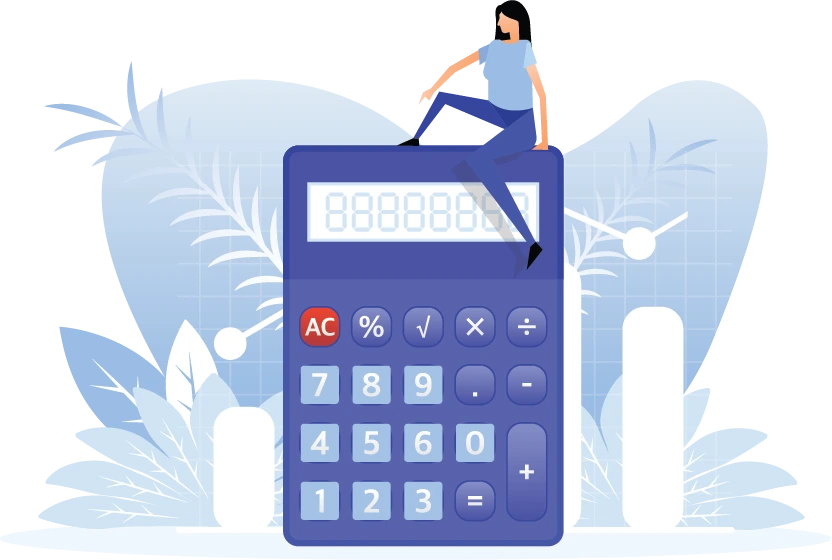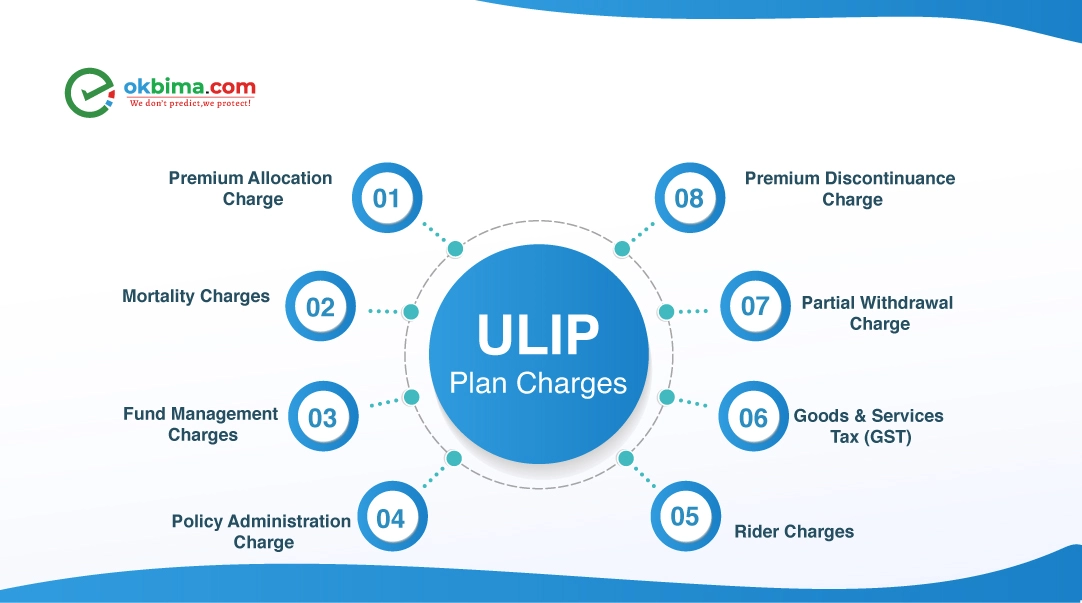What Is A Retirement Plan?
A Retirement Insurance Plan, also known as Retirement Savings Plan, is a type of insurance product that is designed to help individuals accumulate savings over the course of their working years to provide them with a stream of income in retirement.
These plans typically require the policyholder to make regular contributions, which are invested by the insurance company in various financial instruments such as stocks, bonds, and mutual funds.
The accumulated savings, along with any interest or investment returns earned over time, are used to provide the policyholder with a steady income during their retirement years. Retirement insurance plans may offer various tax benefits, depending on the country and specific plan.
How To Choose The Best Insurance Retirement Plan In India?
Retirement planning is an important financial goal for individuals in India, and choosing the best insurance retirement plan is a critical step toward achieving this goal.
Here are some factors to consider when choosing the best insurance retirement plan in India:

Investment options
Look for a retirement plan that offers a range of investment options that align with your risk tolerance and financial goals. Options may include equity, debt, and hybrid funds.

Returns
Consider the returns offered by the plan, both historically and projected. A higher return may mean higher risk, so be sure to assess the risk-return trade-off.

Flexibility
Consider the flexibility offered by the plan, such as the ability to make partial withdrawals, switch funds, or increase/decrease contributions.

Credibility
Look for retirement plans offered by credible insurance companies that have a track record of financial stability and customer service.
What Factors To Consider While Buying A Retirement Pension Scheme?
There are several factors to consider while buying a retirement pension scheme, some of which are:
- Type of plan
There are various types of pension plans available in the market, such as immediate annuity, deferred annuity, and systematic withdrawal plans. You should choose a plan that best suits your retirement needs and goals.
- Cost of the plan
The cost of the plan is an important factor to consider. You should compare the costs of different plans and choose one that offers the best value for money.
- Return on investment
You should also consider the expected return on investment of the plan. Look for plans that offer a high rate of return and are consistent in their performance.
- Flexibility
The plan should provide flexibility in terms of the frequency and amount of contributions. This will allow you to adjust your retirement plan as per your changing needs.
- Lock-in period
Some plans have a lock-in period, which means that you cannot withdraw your funds before a certain period. You should choose a plan that has a lock-in period that suits your retirement goals.
- The credibility of the provider:
Choose a plan from a reliable and credible insurance provider to ensure that your funds are safe and secure.
- Tax benefits
Pension plans offer tax benefits under Section 80C and Section 10(10A) of the Income Tax Act, 1961. You should choose a plan that provides maximum tax benefits.
Retirement Plan Premium Payment Options?
Retirement plan premium payment options may vary depending on the type of plan and the insurance provider. However, some common premium payment options available for retirement plans in India are
- Single premium
This is a one-time payment made at the start of the policy term. Regular premium: This is a recurring premium paid at fixed intervals such as monthly, quarterly, half-yearly, or annually throughout the policy term.
- Limited premium
This is a premium payment option where the premium is paid for a limited period, after which the policy continues without any further premium payments.
- Systematic investment plan (SIP)
This is an investment option where you can pay regular premiums at fixed intervals such as monthly, quarterly, or annually, similar to a mutual fund SIP.
- Electronic clearing service (ECS)
This is a convenient option where the premium amount is automatically debited from your bank account at fixed intervals.
- Online payment
You can also pay your premium online using various payment modes such as net banking, credit/debit cards, and digital wallets.
Pension Plan Comparison
Here are some of the finest Retirement (Pension Plans) available in India:
| Pension Plans in India |
Entry Age |
Maturity Age |
Policy Term |
Tax Benefit |
Annuity Payable |
| Aditya Birla Sun Life Empower Pension Plan |
25-70 years of age |
80 years of age |
5-30 years |
Offers tax benefit U/S 80C of IT Act |
- Minimum: Rs. 18,000 annually
- Maximum: No Limit
|
| Bajaj Allianz Life LongLife Goal |
18- 65 years of age |
99 years of age |
99 years- Entry age |
Offers tax benefit U/S 80C of IT Act |
- Minimum: Rs. 25,000 annually
- Maximum: No Limit
|
| Bajaj Allianz Pension Guaranteed Pension Plan |
37-80 years of age |
N/A |
Lifetime |
Offers tax benefit U/S 80C &10(10D) of IT Act |
- Minimum: Rs. 25,000 annually
- Maximum: No Limit
|
| HDFC Life Click 2 Retire |
18-65 years of age |
45-75 years of age |
10,15-35 years |
Offers tax benefit U/S 80C of IT Act |
- Minimum: Rs. 24,000 annually
- Maximum: No Limit
|
| ICICI Pru Easy Retirement Plan |
18-80 years of age |
30-90 years of age |
10, 15, 20, 25, 30 years |
Offers tax benefit U/S 80C &10(10D) of IT Act |
- Minimum: Rs. 48,000 annually
- Maximum: No Limit
|



 Life Insurance
Life Insurance Health Insurance
Health Insurance Pet Insurance
Pet Insurance Motor Insurance
Motor Insurance Travel Insurance
Travel Insurance Commercial Insurance
Commercial Insurance




























